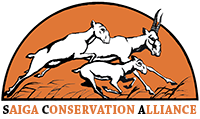As part of the strategically important international project “Renaissance Island,” supported by the British Darwin Initiative Foundation, an educational trip to the Barsakelmes Biosphere Reserve in Kazakhstan took place. The significance of this event cannot be overstated, as the reserve celebrates its 85th anniversary this year. The project is being conducted in the context of growing global concern about environmental safety and sustainable development.
The project is led by the Institute of Zoology of the Academy of Sciences of the Republic of Uzbekistan, in close collaboration with the University of Oxford, the International Alliance for the Conservation of Saiga Antelope, the Ministry of Ecology, Environmental Protection, and Climate Change of the Republic of Uzbekistan, along with other key participants. The main goals of the project include not only preserving the region’s unique biodiversity but also developing sustainable ecotourism, which, in the context of global climate change, is becoming an increasingly important aspect of international policy.
A significant political event coinciding with this trip was the state visit of President Shavkat Mirziyoyev of Uzbekistan to Kazakhstan from August 7 to 8, 2024. This visit resulted in the signing of 15 strategically important documents, including agreements in economics, competition policy, and culture. Particular attention in these agreements was given to transboundary cooperation on protected natural areas and sustainable ecotourism. The support from the authorities of Kazakhstan and Uzbekistan in this area lays a solid foundation for further strengthening ties and implementing joint environmental projects.
The educational trip to the Barsakelmes Reserve, held from August 11 to 18, 2024, emphasized the importance of joint efforts in addressing global environmental challenges. The delegation included representatives from the Saiga Conservation Alliance, the Institute of Zoology of the Academy of Sciences of the Republic of Uzbekistan, the Ministry of Ecology of Uzbekistan, the Aralkum National Natural Park, and the Saigachy Complex Landscape Reserve. The visit aimed to study the best practices and methods of managing natural areas used in Kazakhstan and to discuss prospects for further cross-border cooperation. Special emphasis was placed on the exchange of experience and knowledge between the two countries to achieve sustainable development goals.
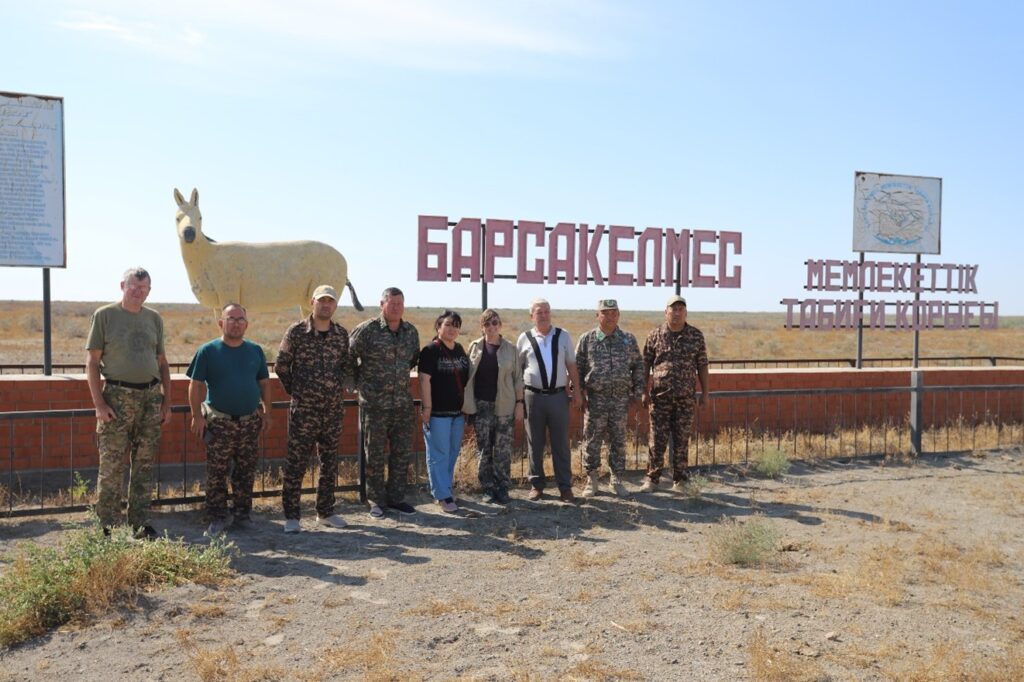
During the trip, the delegation held meetings with representatives of environmental NGOs, including the Kazakhstan Association for the Conservation of Biodiversity (ASBC) and the Committee of Forestry and Wildlife of the Republic of Kazakhstan. The delegation also met with representatives from the Barsakelmes Biosphere Reserve and the Aral Sea Preservation Fund. Key meetings included discussions with Daniyar Turgambaev, Chairman of the Committee for Forestry and Wildlife of the Ministry of Ecology and Natural Resources of the Republic of Kazakhstan; Andrey Kim, Deputy Chairman of the Committee; Kuat Khazievich Chumakaev, Head of the Protected Areas Department; Khamit Kaniev, General Director of the Barsakelmes Gas Processing Plant; and Zauresh Alimbetova, Deputy Chairman of the Association of Environmental Organizations of Kazakhstan.
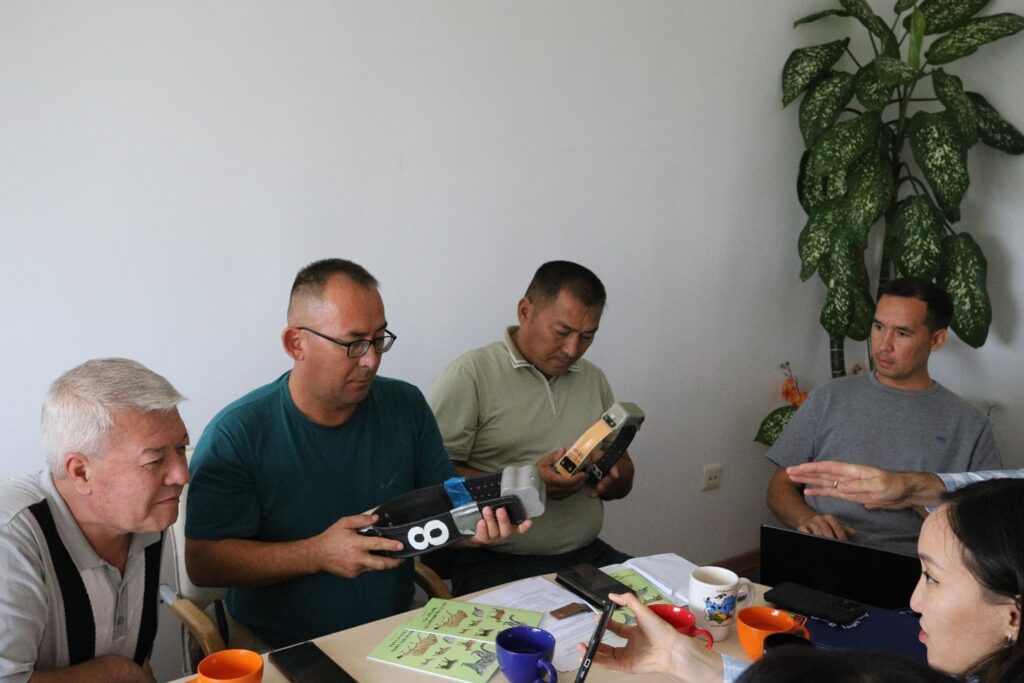
These discussions focused on key aspects of reserve operations, the impact of ongoing projects on biodiversity, and the prospects for transboundary cooperation. Several key areas related to nature conservation and sustainable development were considered:
- Creation of Transboundary Protected Areas: The discussions highlighted projects aimed at protecting the unique nature of the Aral Sea and the Ustyurt Plateau. These initiatives seek to preserve the integrity of ecosystems and biodiversity in these vital regions.
- Development of Regional Ecotourism:
The introduction of sustainable tourism practices was identified as a crucial factor in contributing to the economic development of regions while supporting environmental conservation. - Exchange of Data on Saiga Monitoring:
The delegation focused on the impact of infrastructure projects, such as the Shalkar-Beineu railway, on the Ustyurt saiga population. These studies will help to better understand the effects of such projects on wildlife and develop effective measures to minimize negative consequences. - Possibility of Saiga Reintroduction:
The reintroduction of the saiga antelope was discussed as a potential step towards restoring populations of this species. It was proposed to include this issue in future discussions, with details to be worked out if both sides agree.
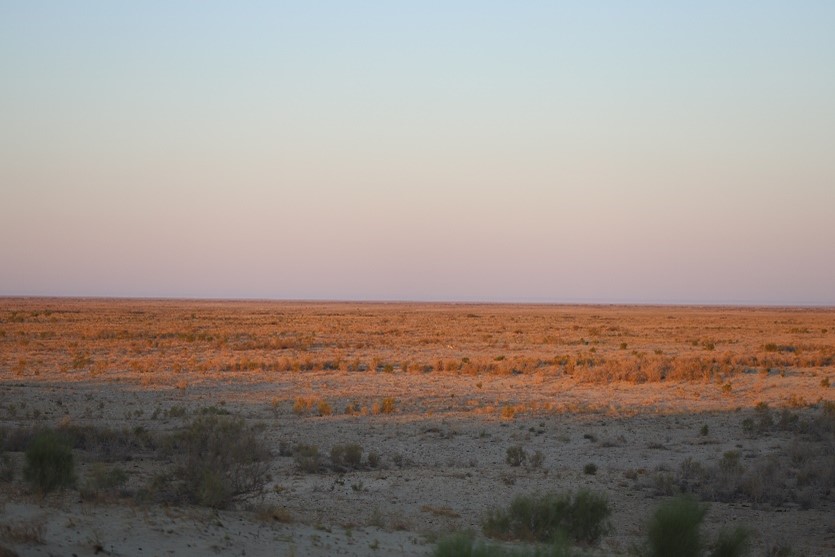
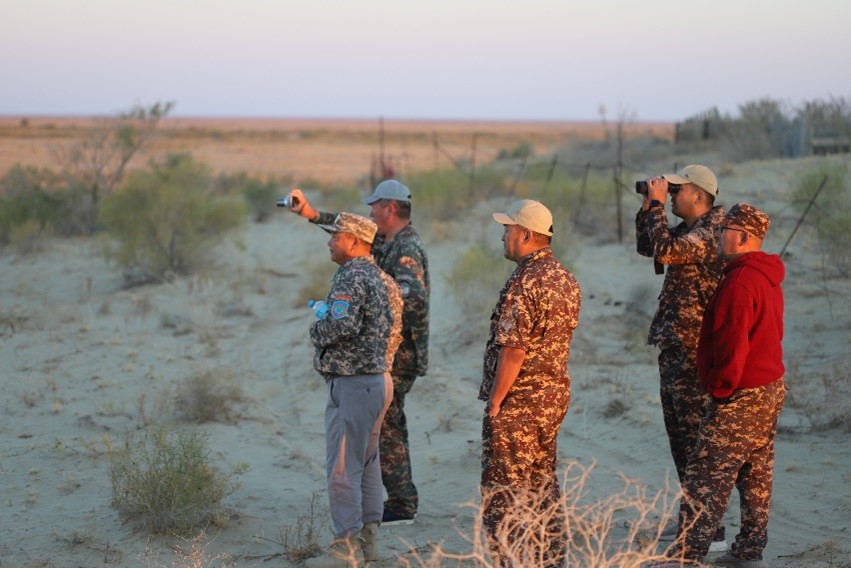
The first significant achievement of the trip was the development of connections and the extensive exchange of experience. Participants familiarized themselves with the natural conditions and operations of the Barsakelmes Reserve and engaged in productive discussions with their Kazakh colleagues. The mutual exchange of knowledge not only broadened the understanding of natural resource management but also laid the foundation for the effective implementation of the Renaissance Island project’s objectives.
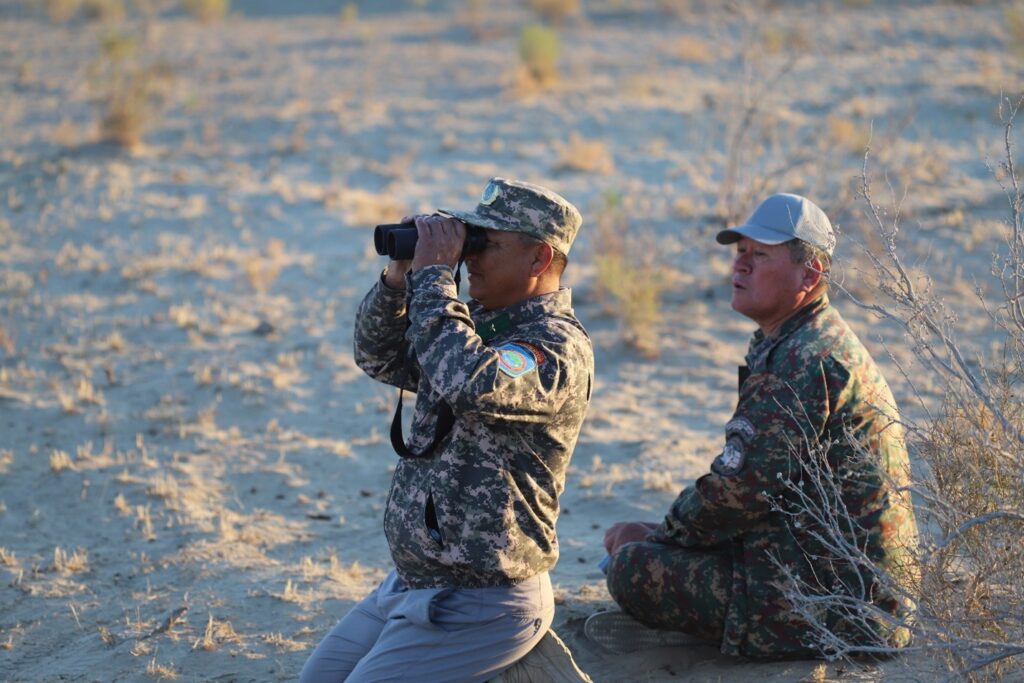
The second important aspect of the trip involved studying the work of the Barsakelmes Reserve. Participants observed firsthand how the reserve contributes to biodiversity conservation across three clusters—Barsakelmes Island, Kaska Kulan, and the Delta section—allowing them to study the primary ecosystems of the indigenous islands of the Aral Sea and the Syrdarya River delta. Observing the kulans and goitered gazelles provided practical insights into how to protect nature and maintain ecological balance in a changing climate.
An equally significant result of the trip was the establishment of strong partnerships between Uzbekistan and Kazakhstan. These new relationships provide a robust basis for the cross-border cooperation needed to coordinate conservation efforts. They also open up opportunities for joint projects that will contribute not only to ecosystem preservation but also to strengthening ties between neighboring countries.
Specific steps for implementing joint environmental initiatives were also outlined during the trip. The discussion of project plans will serve as the basis for developing and executing projects aimed at improving the environmental situation in the region. This represents a crucial step toward sustainable development and environmental protection, which requires not only ideas but also concrete actions.
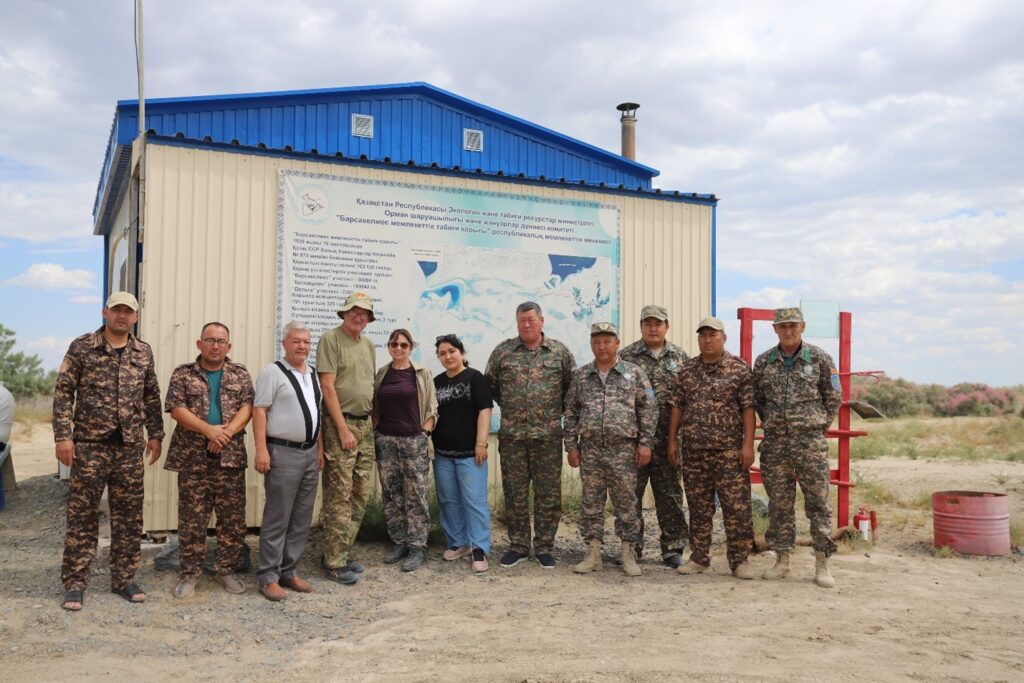
Finally, increasing participants’ awareness of current environmental challenges allows for the development of more effective strategies to address them. A deep understanding of the issues and possible solutions is fundamental to improving approaches to conservation and sustainable development.
The conclusions drawn from the trip are clear: the exchange of experience proved extremely effective, and this factor should be considered when planning future events. The established partnerships open up new opportunities for joint projects, and their development should be actively supported. Continued efforts in cross-border cooperation and collaboration are recommended to achieve environmental goals.
The trip to the Barsakelmes Biosphere Reserve demonstrated the successful interaction between project participants and Kazakh colleagues, emphasizing the need for further expansion of cooperation to effectively address environmental issues and achieve conservation goals. This experience serves as a reminder of the importance of international cooperation in environmental protection. By joining forces, we can create a future where nature and humanity coexist in harmony.
The participants express their special gratitude to the staff of the ASBC and the Barsakelmes Biosphere Reserve, as well as to Zauresh Alimbetova, Chairman of the Association of Environmental Organizations of Kazakhstan, for their assistance in organizing the event and their warm hospitality.izations of Kazakhstan, Zauresh Alimbetova, for their assistance in organizing and warm welcome.
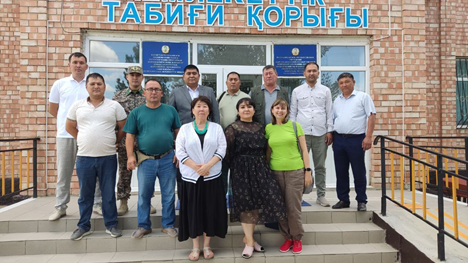
Photo by Alexander Esipov
